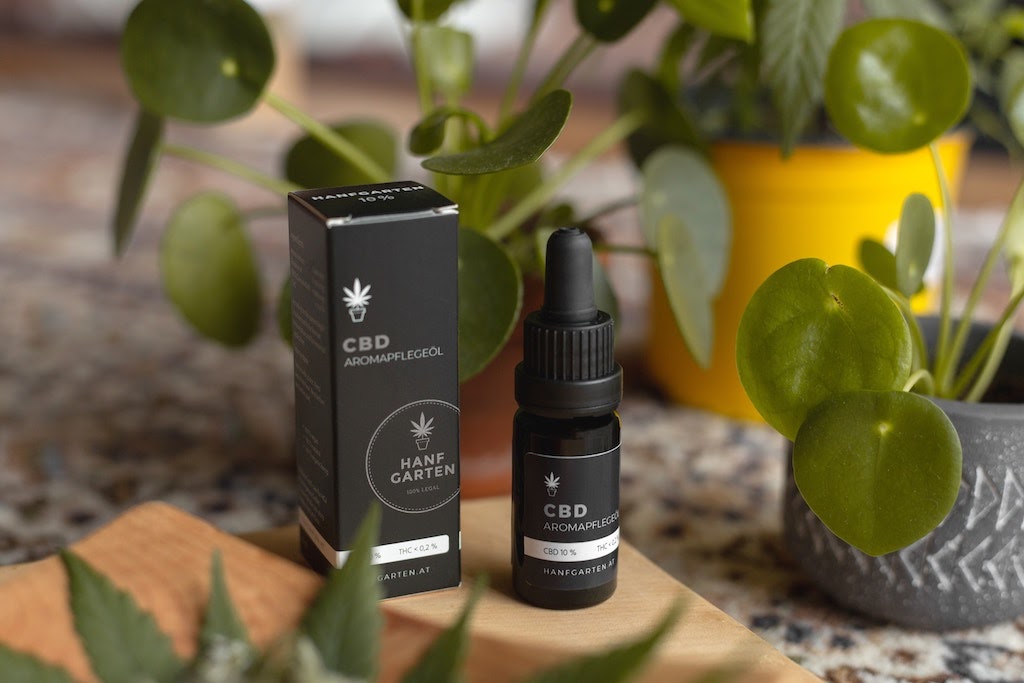You were likely taught as a child the importance of brushing your teeth every day to maintain a healthy smile. When a tooth caused pain, or your gums bled, your parents would make an appointment to see a dentist. The number of adults who seek dental treatment, however, decreases every year.
How do you know when it’s time to give your dentist a call? Is your tooth pain enough to warrant a visit and copay? The answer is almost always yes. If you’re experiencing discomfort but don’t want to seek traditional relief, here are a few tips for finding holistic healing.
Identify Dental Health Issues
If you’re experiencing pain in your mouth or jaw, it could be anything from a minor cavity to gum disease. If you seek the advice of your dentists at the onset of discomfort, they’re more capable of fixing it quickly and painlessly. Your dentist will most likely order X-rays to determine the cause. Your jaw pain could stem from TMJ, grinding teeth, arthritis, or other issues. Delaying a visit to the dentist could lead to further complications, infections, or diseases.
If you’ve experienced pain while drinking hot or cold beverages, you may be dealing with sensitive issues. This discomfort can come as the result of gum disease, weakened enamel, or tooth decay. If you experience any bleeding, aching gums, or bad breath, be sure to ask your dentist about the possibility of gum disease. If left untreated, low levels of gingivitis can develop into gum disease, so it’s best to err on the side of caution.
One of the most common sources of dental discomfort is sores. You should contact your doctor if you develop cold sores or canker sores that do not disappear after seven days. These could be the sign of a virus, bacterial infection, or damaged teeth. Finding the right local dentist for your specific needs is as simple as creating a search such as “dentists in the Bronx” and reading reviews.
Learn About CBD
CBD stands for cannabidiol and is a naturally-derived compound found in the cannabis plant. Unlike THC, CBD contacts no hallucinogenic properties or “high” sensations. You can take CBD in various methods, including capsules, chewable gummies, and tinctures. It is also available as an isolate, topical cream, and more. As cannabidiol enters the system, it interacts with the CB1 and CB2 receptors found in the body’s ECS system. The ECS, or endocannabinoid system, is responsible for regulating several bodily functions.
CB1 receptors are found mainly on nerve cells in the spinal cord and brain. They have direct links to pain regulation, motor control, and memory. CB2 receptors in the peripheral nervous system affect immune function and are located primarily on white blood cells. When CBD enters the system, it activates these receptors and can help alleviate pain and boost your immune system.
See If CBD Is Right For You
Continuing studies show a correlation between CBD and anti-inflammatory effects. Inflammation caused by dental procedures, gum disease, or a sore jaw could benefit from a regiment of topical CBD oil use.
If you find yourself feeling anxious about your upcoming dentist visit, CBD can aid in relieving your stress levels. While the link between CBD and brain functions is still being studied, some believe that it has positive effects on the neurotransmitter serotonin. In cases of anxiety and depression, serotonin is typically deficient. You can take a dose of CBD, whether topical or sublingual, before your appointment to help prepare you for any concerns. Before doing so, contact your dentist for advisement.
The most common use for CBD in dentistry is for post-appointment pain management. Pain tolerance varies for every patient. If you’re sensitive to pain, the analgesic properties of CBD could be the solution. Unlike prescriptions, CBD has no known side effects or habit-forming elements and can aid in pain relief without creating further issues. Before beginning your CBD regimen, be sure to research the laws in your area pertaining to cannabis and CBD purchases.
